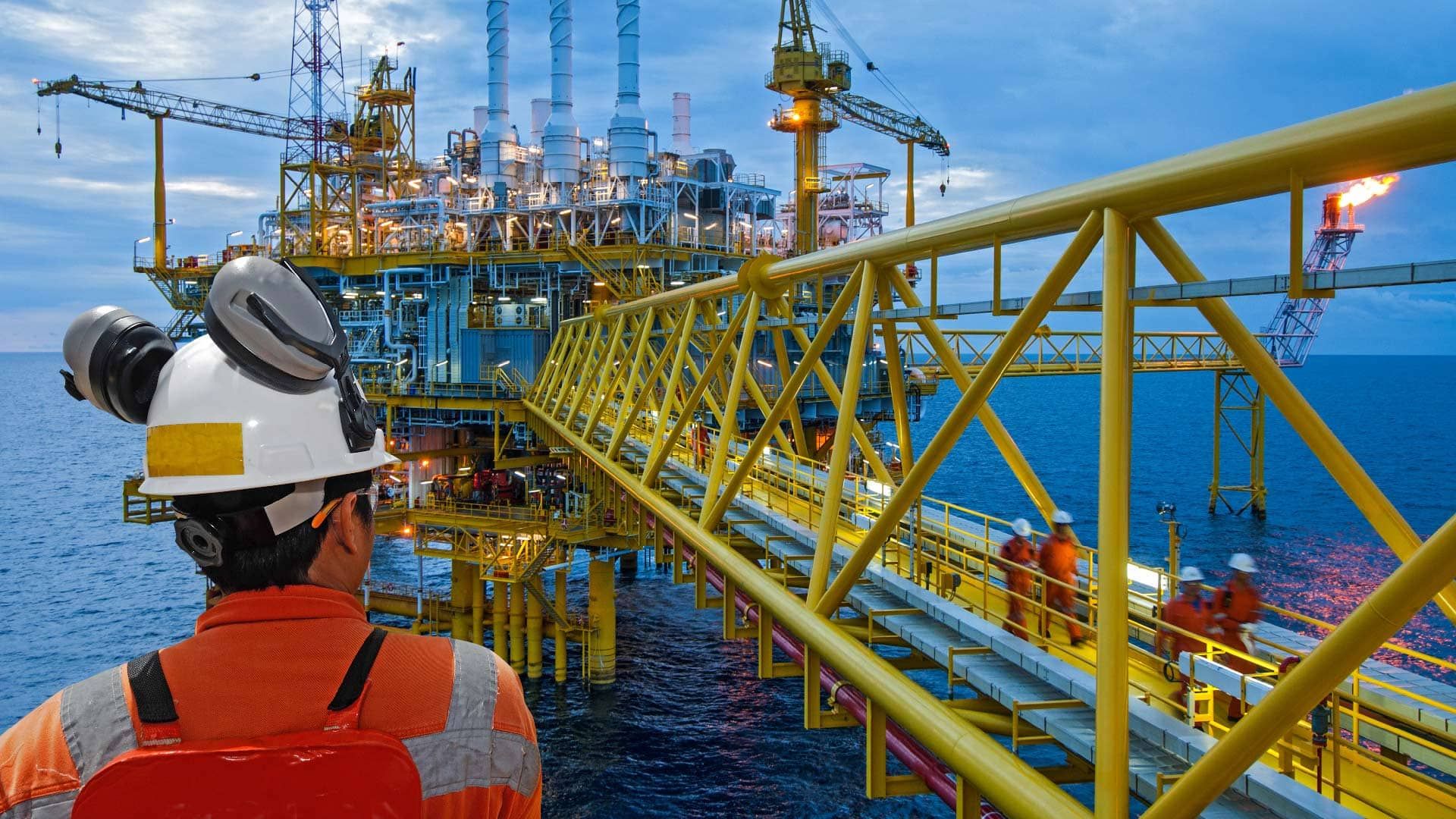Indonesia is once again in the spotlight of the global energy market. The country, long known for its oil and gas reserves, is witnessing a fresh wave of international interest. Recent reports highlight that more than sixteen new exploration blocks have attracted bids from major global companies. This renewed enthusiasm reflects a broader confidence in the country’s future energy strategy. The rise in Indonesia oil investment is not just a matter of economic gain. It is also a key signal of growing stability and long term commitment to energy resilience.
Government officials have reiterated that Indonesia aims to boost its oil and gas production to meet rising domestic demand. With increasing industrial growth and population expansion, energy consumption is projected to rise significantly by 2025. Rather than relying heavily on imports, the government is turning to upstream exploration to secure long term supply. This is why Indonesia oil investment has become a central pillar of national strategy.
What makes the current momentum different from previous years is the level of interest coming from established global energy players. These companies are not only examining exploration blocks but also preparing for rapid development plans. Their participation increases technology transfer, improves efficiency and accelerates discovery timelines.
Why Global Energy Companies Are Returning To Indonesia
For a while Indonesia had faced stiff competition from other oil rich nations. However, regulatory improvements and incentive adjustments have made the country more attractive. Streamlined licensing processes, better revenue sharing mechanisms and stronger political commitment have collectively boosted investor confidence.
Another major factor behind rising Indonesia oil investment is geopolitical stability. Compared to certain regions facing conflict or unpredictable policy enforcement, Indonesia offers a relatively secure environment for long term capital deployment. International energy companies are willing to enter markets that offer consistent returns even if exploration risks remain high.
Furthermore, Indonesia’s geographical position provides strategic advantages. With direct access to Asian trade routes, any production surplus can be easily exported. This makes it a favourable hub for both domestic supply and regional distribution.
Energy Security As A National Priority
Domestic energy demand is rising rapidly across Indonesia. Industrial expansion, transportation growth and increasing household consumption all require steady energy supply. In response, the government has highlighted the urgency of boosting exploration and production.
The renewed push in Indonesia oil investment is not solely profit driven. It is aligned with broader energy resilience objectives. By increasing domestic output, Indonesia can protect itself from external price volatility. A more secure supply chain also stabilizes national budgets and reduces inflationary risk.
Several government initiatives are focused on supporting new investors. Authorities are offering data transparency, infrastructure access and fiscal incentives. In return, investors are expected to follow environmental standards and operate responsibly.
Local Opportunities And Economic Impact
Beyond international headlines, the recent Indonesia oil investment wave also creates local benefits. Exploration and development projects require significant manpower. This results in job creation across engineering, logistics, construction and community services. Local businesses supplying goods and services also experience growth.
Regional governments stand to benefit from shared revenue agreements. These funds can be redirected toward infrastructure development and public welfare programs. In many provinces with limited industries, oil and gas projects often become major economic engines.
Moreover, technology transfer becomes a key advantage. Local engineers and technicians working alongside global companies gain exposure to advanced drilling techniques, safety protocols and digital monitoring systems. This knowledge can later be applied to other sectors.
The Road Toward 2025 Energy Goals
The government has set clear targets to increase daily oil production. Achieving these goals will require consistent Indonesia oil investment across both exploration and development phases. While early stage projects may not yield immediate output, experts believe that sustained drilling activity will lead to higher reserves and long term supply stability.
Another vital part of the strategy involves improving infrastructure. Pipelines, storage facilities and distribution networks must be upgraded to handle future output. Indonesia is already investing in refining capacity to reduce reliance on imported fuel.
The role of renewable energy is also expanding. While oil remains essential for transport and industrial production, the government is gradually diversifying its energy mix. However, officials have clarified that traditional fuel sources will still play a significant role in national strategy for the next decade. This is why Indonesia oil investment continues to be actively promoted.
What Comes Next For The Energy Sector
If momentum continues, Indonesia could re-establish itself as a top energy producer in Asia. However, long term success depends on consistent policy enforcement, environmental responsibility and alignment with global sustainability standards.
Investors are more willing to commit when regulations remain predictable. Therefore, continued dialogue between government officials and industry leaders is essential. Community engagement is also crucial. Local populations must be included in project planning to ensure fair development and minimize conflict.
Sustainable practices will define future projects. Many companies involved in Indonesia oil investment are now integrating carbon management, reduced flaring and digital monitoring to track emissions. These practices not only improve environmental outcomes but also protect investor reputation.
Overall, the increasing number of global players eyeing Indonesian exploration blocks shows strong international confidence. The growing wave of participation represents more than capital movement. It is a vote of trust in Indonesia’s long term energy vision.
Read More






 Wednesday, 25-02-26
Wednesday, 25-02-26







